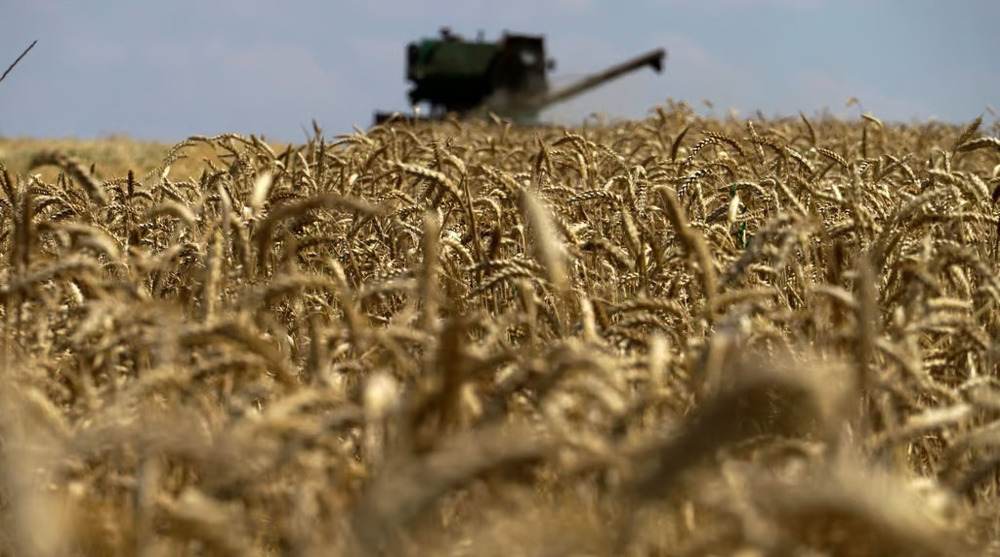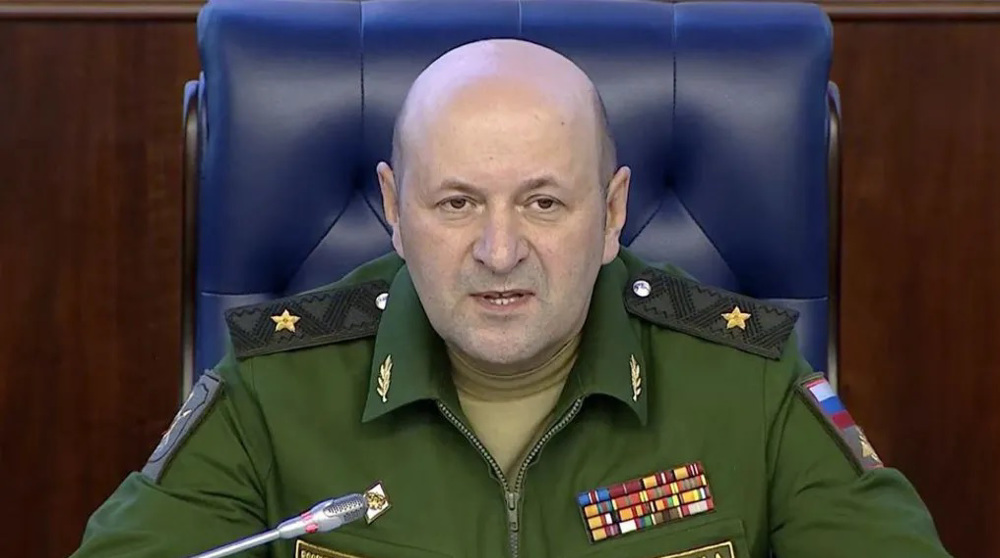Polish truckers, farmers expand border blockade of Ukraine trucks
Polish truckers, joined by farmers, have blockaded yet another border crossing in protest against what they call a flood of cheaper Ukrainian carriers into the country.
Since early this month, Polish truckers have expressed strong dissent against the entry of “a flood” of much cheaper Ukrainian carriers into the European Union under an EU deal inked earlier.
Polish truckers say that they halt commercial traffic until Warsaw and decision-makers in Brussels restore limits on transport operations for Ukrainian carriers that used to be in place before Russia waged a war on the ex-Soviet republic in February last year.
By lining up their trucks, protesting drivers blocked three key border crossings at Dorhusk-Yagodin, Korczowa-Krakovets and Hrebenne-Rava-Ruska earlier this month and on Thursday, Polish transport companies also managed to block the Medyka crossing in southern Poland as talks between Warsaw and Kiev failed to yield a solution.
“We haven’t reached an agreement. The Ukrainians are not taking our demands into account”, declared Rafal Makler, one of the leaders of the Polish protest movement, on X, at the end of discussions with representatives of the Polish and Ukrainian governments earlier this month.
Polish truckers say they are in the midst of an unfair competition from Ukrainian truckers as they are losing out to Ukrainian companies that offer cheaper prices for their services.
The problem has been compounded as Ukrainian carriers, who have been exempt from seeking permits to cross following the war, are now transporting goods within the European bloc, and not just back and forth to Ukraine.
On Thursday, Polish truckers were joined by farmers, who also say grain prices have been depressed by cheaper Ukrainian grain.
Unlike the protest by truckers that is a grassroots protest and not official Polish policy, cheaper Ukrainian grain that crashed the local Polish grain markets in April, prompted Warsaw to impose a ban on the import of Ukrainian grain.
Although Poland is a staunch supporter of Ukraine in its war with Russia, trade relations between Warsaw and Kiev have been prickly after Ukrainian trade flew out of the war-torn country to EU markets following the suspension of most restrictions on Ukraine’s export after the start of ongoing war.
The blockade has resulted in a 90-percent reduction in border traffic and has both economic and political implications. According to the Association of International Motor Carriers, Ukrainian truckers are facing daily losses of €300 due to the current blockade.
Separately on Thursday, Taras Kachka, Ukraine's trade representative and a deputy economy minister, said Ukrainian drivers were being forced to endure days of freezing temperatures and unhygienic conditions, calling on Warsaw to unblock export routes.
“Our task is to unblock the road first and then talk about all the demands that the protesters have,” he said, as about 3,000 mostly Ukrainian trucks were stuck on the Polis side of the border.
“This should be done at the negotiating table... in Brussels, or in Warsaw, or in Kiev, but not on the road in winter, causing damage not only to the economy but also to the health and lives of drivers who are stuck there,” Kachka added.
Long queues of trucks were also formed at Hungary's main border crossing with Ukraine on Wednesday, with haulers re-routing from crossings in Poland and Slovakia.
D-8’s role in Iran’s economy after Cairo summit
China slams US as ‘war-addicted’ threat to global security
China ‘firmly opposes’ US military aid to Taiwan
VIDEO | Press TV's News Headlines
President Yoon Suk Yeol to be removed from office
At least 19 Gazans killed by Israeli airstrikes since dawn: Medics
Leader: Iran neither has nor needs proxy forces
US fighter aircraft shot down ‘in friendly fire’ amid aggression on Yemen










 This makes it easy to access the Press TV website
This makes it easy to access the Press TV website